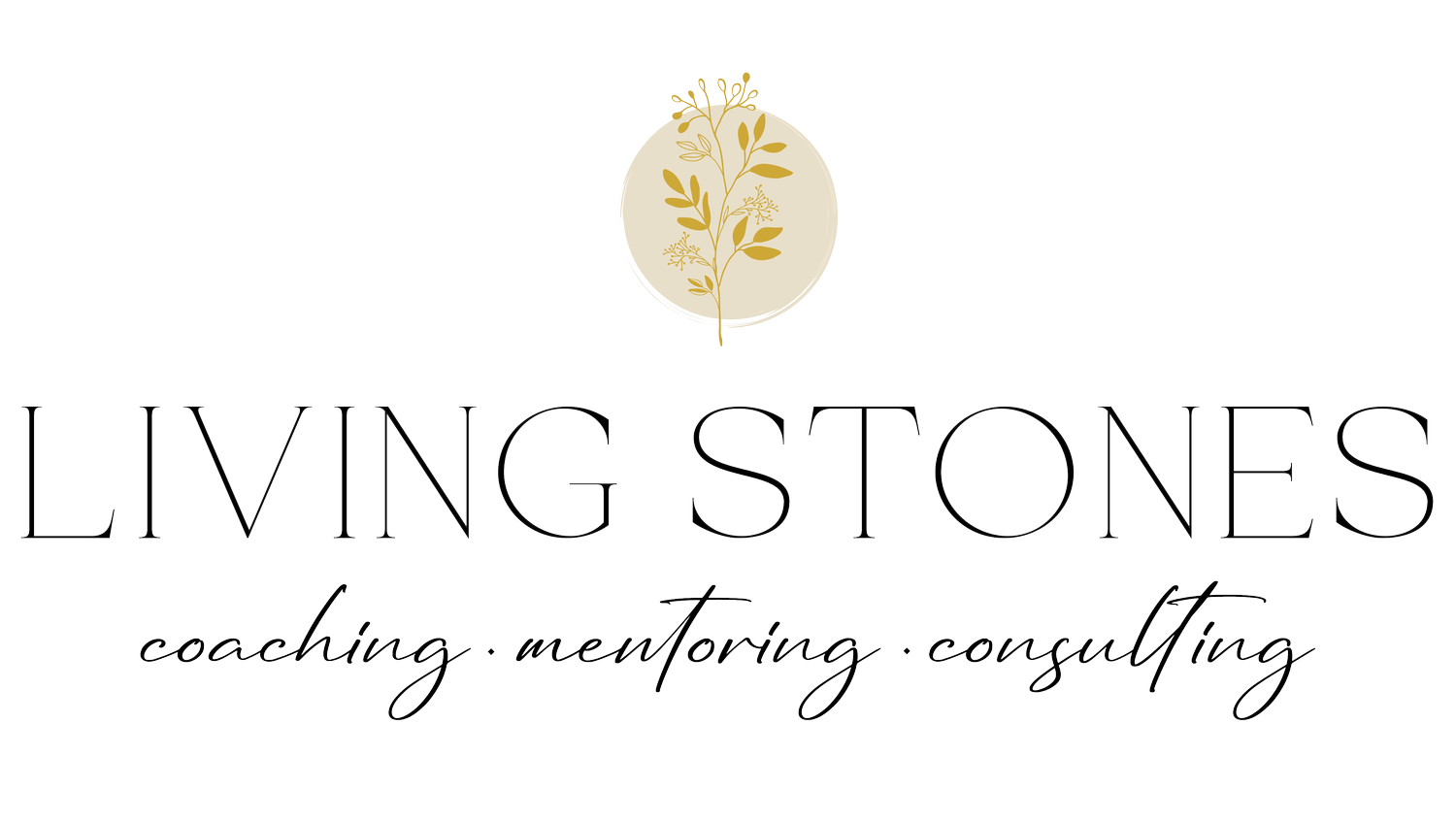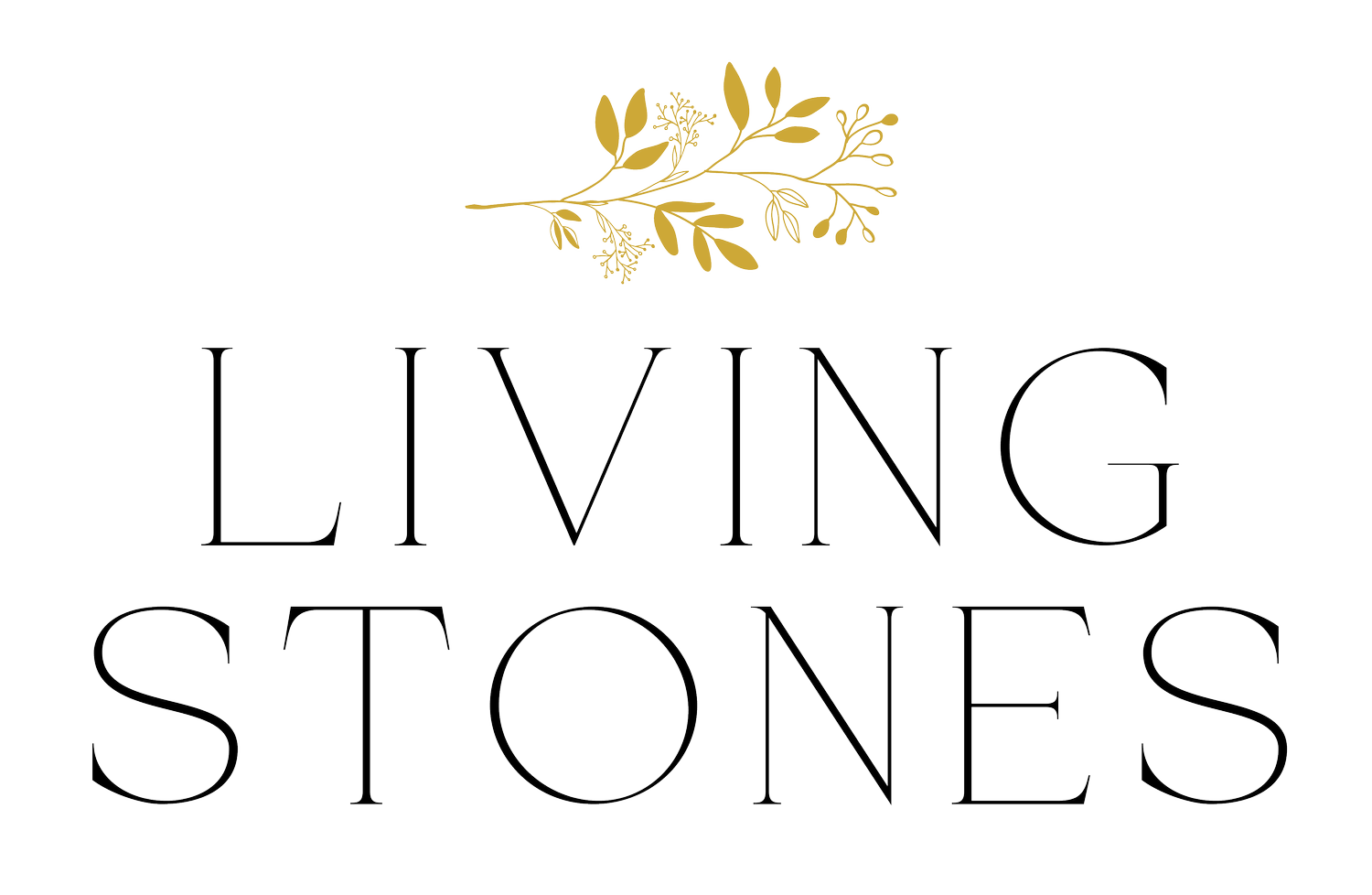Intentions for the Holidays
The holidays can often be a time of excess stress, pressure, and difficulty when relationships are in transition or in a state of uncertainty. We all have different needs and requests during these times, and here are some considerations.
Think about what you would like to experience this season. Put some thought into what is most important to you – Calm. Connection. Compassion. Presence. Etc. Despite how others show up, remember your one primary intention as you consider your choices.
Desires and Requests
With your most important intention in mind, think about what you might need to consider? What requests might you need to put in place? For example,
For example, if your primary intention is connection, here are some questions to consider:
Who is safe to have connection with?
What events/environments allow for connection?
Is there a request or ask that you need to make ahead of time?
Are there boundaries you need to set with some people now so that you can focus on having connection with others?
Consider Your People
Holidays can feel isolating and tough to have your natural connections. However, you can take time to plan for those before-hand. Here are some ideas:
Identify 1-3 people that you can reach out to (text, email, phone call) and ask ahead of time if you can reach out if you need to. Often times, others are available too and would be happy to connect for a short period of time.
Be proactive of what you might want to say should you need to reach out. Maybe it is a simple check in and then setting a time to connect another day. Just using the phrase, “I will put this on the shelf until we can talk” can sometimes lessen the difficulty in the moment.
Maybe your safe person will be with you. If so, talk ahead of time and have a code gesture or word if you need support. Be proactive in planning “If this should happen, then I will _____”.
Know Your Tools
Know your tools as you go into the day, event, or extended stay. Here are a few considerations:
On an index card (or note in your phone), write down all the tools that you could use if you get triggered. Grounding exercises, breathing techniques (and practice before hand so you know what are your favorites), tapping, body scans, etc.
What self-care ideas do you have that you could utilize? A quick walk around the block, taking the pet outside, a short drive, time alone in a bedroom, etc.
Set yourself up before and after the day or event with longer self-care ideas. Maybe exercise, reading, meditation, prayer and journaling time, alone time, etc.
Identify Your Boundaries
Set internal and external boundaries focused on your most important intention. Don’t wait until the last minute and expect to know your boundary on the spot. Odds are you know now what you might need to set, so plan ahead.
Think ahead of time what you are willing to talk about. If you are in transition in a relationship, give yourself permission to say “this isn’t really a good time for me to share”.
Think about those people that may push your boundaries. And have a few standard lines that allow you some space to make a decision or step back from the conversation. Maybe something like “I’m not sure at this moment”.
Some other boundaries to consider with a safe person might be:
Around Locations: “When we go there, I think I would do best if I walk in first.”
Around People: “If this person is present, I might head straight to the bathroom. That is just me taking some time to regroup.” And “I would appreciate if you could just continue on, and I’ll be there as soon as I can”.
Around Sounds/Smells: “I know that when I smell that apple pie in the oven, I can get triggers. Would you go for a walk with me?”
Just Too Much: “I will try to pay attention, but if you see me getting short with you, will you ask if I can grab something from the car?” and meet me there for a quick talk.
Or … “If I start to get really quiet (almost mute), will you try to stay close by and maybe ask me about my hobbies? Sometimes that’s easier for me to talk about.”
Remember Self-Compassion
The holidays can be complex and complicated at times, especially when life is a bit unfamiliar. With these complexities and change, remember to be very gentle with yourself. This a time to consider a few extra self-compassionate thoughts like:
“This is a tough season, and there are so many new experiences I am going through.”
“I deserve to be treated with loving kindness and I have permission to give that to myself today.”
“This is hard for me, and I am doing the best I can.”
“Whoa this is a lot, and I can take a break for minute. Everyone else will be ok.”
“I can focus on what’s most important to me – Peace, Connection, Compassion, Presence. All else will fall in place.”
Think realistically what may happen based on past events or gatherings. Not that they will again, but better to know what you need than to wait and let the same pattern play out. Remember with good planning, you can feel more empowered and equipped.





